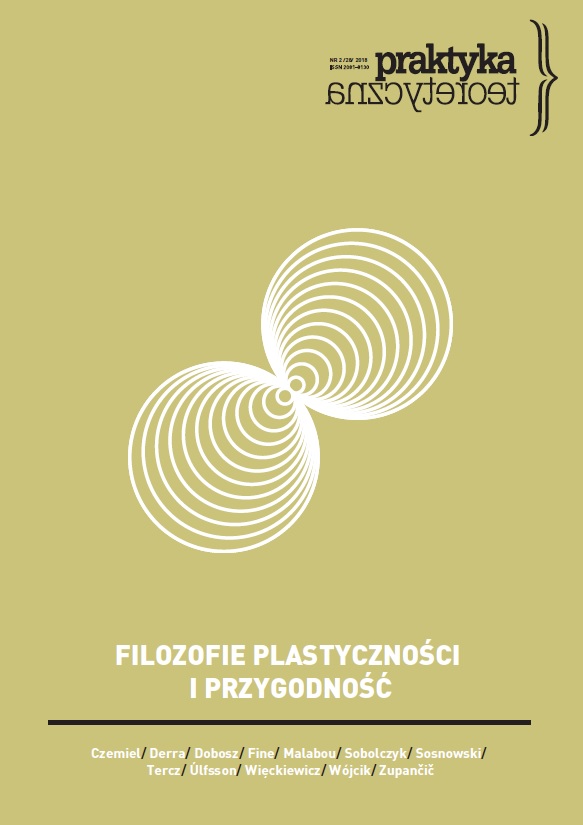Koniec religii, śmierć Boga i przygodna wspólnota. Hegel, Malabou, Žižek
The End of Religion, the Death of God and the Contingent Community: Hegel, Malabou, Žižek
Author(s): Bartosz WójcikSubject(s): Philosophy, Sociology, Philosophy of Religion
Published by: Uniwersytet Adama Mickiewicza
Keywords: Hegel; dialectic; religion; Malabou; Žižek; Christianity; God; community
Summary/Abstract: The article is an interpretation of the concept of the end of religion in Hegel’s philosophy, based on the analysis of three issues:1. The relationship between religious imagination and speculative philosophy – i.e. the idea of the sublation of religion into philosophy. 2. The Hegelian understanding of Christianity (presented in Encyclopaedia of the Philosophical Sciences and Lectures on the Philosophy of Religion) focused on the idea of incarnation as kenosis, which is interpreted by Catherine Malabou’s theory. 3. The idea of the death of Christ as the death of God himself that constitutes the authentic core of Christianity – as Slavoj Žižek has claimed. This interpretation leads to the conclusion: the outcome of this death is God qua Holy Spirit, whose historical embodiment is “objective spirit” – revolutionary community of the acts of love.
Journal: Praktyka teoretyczna
- Issue Year: 2018
- Issue No: 28
- Page Range: 53-84
- Page Count: 32
- Language: Polish

